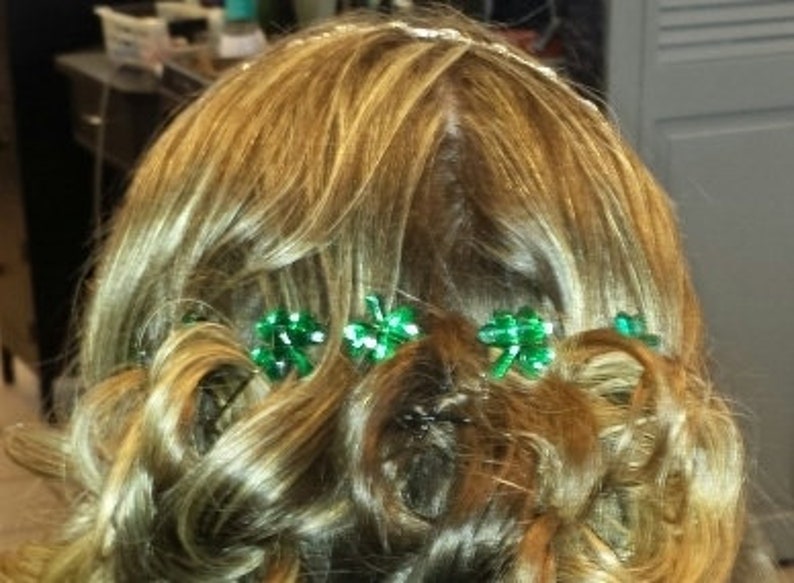

You can learn more about how we ensure our content is accurate and current by reading our editorial policy. Healthline has strict sourcing guidelines and relies on peer-reviewed studies, academic research institutions, and medical associations. Read about autism symptoms in young children here. In cases where a child has been diagnosed with autism, hair twirling can become a destructive behavior that needs to be addressed.īut hair twirling by itself isn’t enough to suggest that your child needs to be evaluated for autism. flapping hands or flicking or snapping fingers.Repetitive behaviors linked to autism often include: Stimming isn’t always related to autism, but some stimming behaviors can be related to a diagnosis of autism. Hair twirling is a form of stimming, or self-stimulation. Since it’s hard to express complicated emotions or control your surroundings when you’re a child, sometimes the body takes over and creates a physical coping mechanism instead. Hair twirling in children may start as a coping mechanism for stress or fatigue during the toddler years. symptoms that last more than an hour per day and interfere with daily lifeīut hair twirling by itself isn’t enough to suggest a diagnosis of OCD.Ĭauses of hair twirling in toddlers and older children.repetitive acts or “rituals” that temporarily relieve the stress and anxiety.upsetting thoughts or impulses that repeatedly occur.If you have other symptoms of OCD, your hair twirling habit might be a part of your condition. Hair twirling can be a sign of obsessive-compulsive disorder (OCD). Sign of obsessive-compulsive disorder (OCD) If you twirl your hair when you feel nervous or when you’re coping with intrusive, anxious thoughts, that habit might be a symptom of an anxiety disorder. Your hair twirling might have started in childhood or adolescence and developed into something you do when you’re anxious. If you tend to only twirl your hair when you’re fighting to stay awake during a meeting, or when you’re streaming your favorite show in your PJs, it could be that you’ve always had the habit.Īnd unless your hair is becoming damaged or falling out, there’s no need to be concerned. Hair twirling can alleviate boredom and also help you wind down when you’re feeling tired. There’s some research to suggest that there’s a link between this type of behavior and impatience, boredom, frustration, and dissatisfaction. Maybe you started your hair twirling habit when you were a small child and just never stopped. It could also be a symptom of another condition. If you’re an adult with a hair twirling habit, it’s possible that it simply carried over from childhood.


 0 kommentar(er)
0 kommentar(er)
